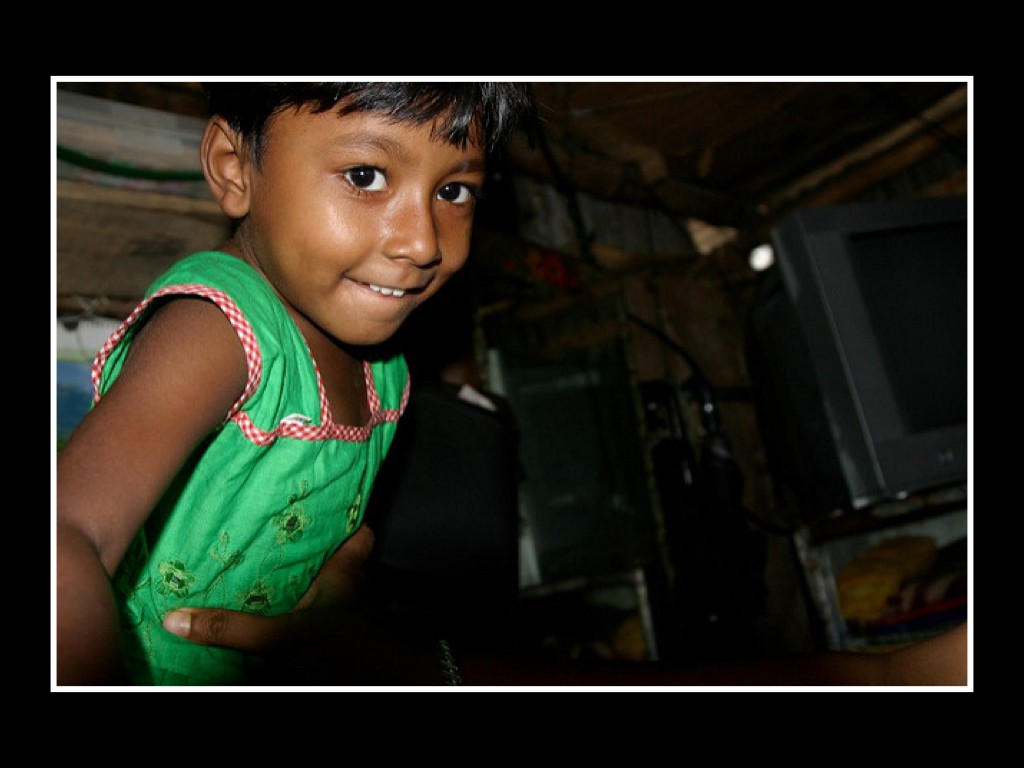Should we be for child labor in Bangladesh?

The worst thing isn’t that we live in a world where child labor exists, it’s that we live in a world where mothers and fathers who love their children send their kids off to work for the day because they have to. They have to rely on their income.
At least that’s how I feel about child labor. It’s not as clear cut of an issue as some make it out to be. In fact, a group of academics came out against the UN’s stricter child labor rules calling them a damaging mistake:
“Banning children from work doesn’t bring them back into school; in fact, it might do the opposite if they were working to pay their school fees.
“For some children it’s a matter of rational economics. We have years of evidence that show that work doesn’t end a childhood and often can enhance it, can create a solidarity. In some countries in Africa, and in India, we are seeing collectivisation movements of child workers, a unionisation where they are trying to participate in politics, be heard, as opposed to this being a story of victimisation and oppression.”
The Guardian recently featured a report on child labor in Bangladesh:
Children are driven into work by necessity. Poor families send their sons and daughters out to work to make ends meet: the survey found that the wages earned by children equalise the average incomes of households with and without working children…
Bangladesh has a good record on human development. Poverty levels have fallen and it is close to getting every child in primary school. It has taken steps to achieve gender equity. Put simply, plenty of countries could learn some lessons from Bangladesh.
The report involved 2,700 households and found that 15% of children between the ages of 6 to 14 worked. Forty-five percent of 14-year-olds worked. Fifteen percent of children were not in school and not working. Children who worked did so on average for more than 42 hours per week. Two-thirds worked in the garment industry.
Regardless of our opinions of child labor, obviously the more educated a nation’s populace, the brighter future it will have. The Guardian proposes a solution: mandatory school between 6-14, and students receive direct payments that would equal their typical wage–$45/month.
The United Nations would like to ban child labor by 2025. I agree with the intentions of the ban, but the only way that this will actually be achieved is if we end the necessity for child labor on a family level.

Let your voice be heard!